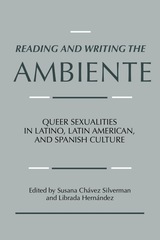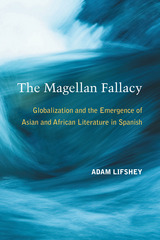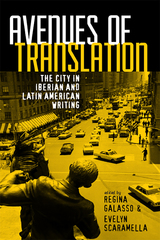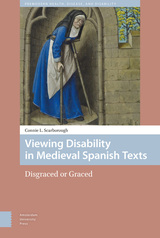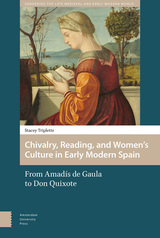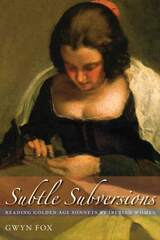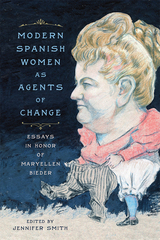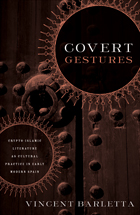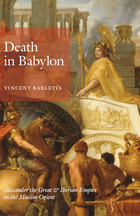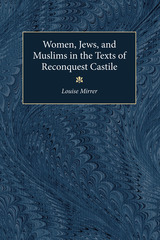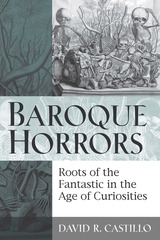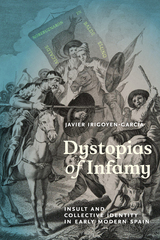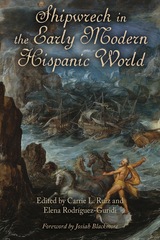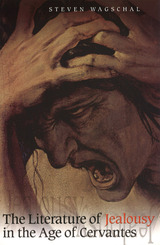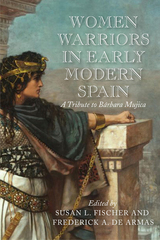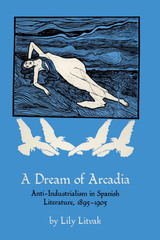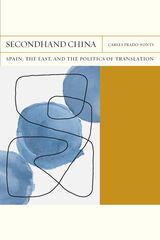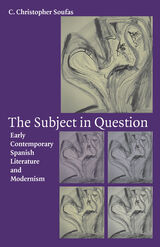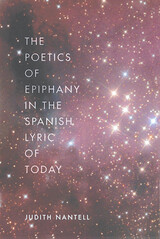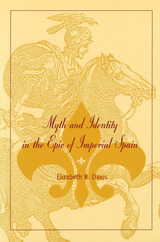Isabel Rules: Constructing Queenship, Wielding Power
University of Minnesota Press, 2003
Cloth: 978-0-8166-4164-2 | Paper: 978-0-8166-4165-9
Library of Congress Classification PQ6060.W45 2004
Dewey Decimal Classification 860.9351
Cloth: 978-0-8166-4164-2 | Paper: 978-0-8166-4165-9
Library of Congress Classification PQ6060.W45 2004
Dewey Decimal Classification 860.9351
ABOUT THIS BOOK | TOC
ABOUT THIS BOOK
A deconstruction of the strategies used to shape the image of a powerful woman ruler.
As queen of Spain, Isabel I of Castile (known to history as Isabella the Catholic, 1474-1504) oversaw the creation of Europe's first nation-state and laid the foundations for its emergence as the largest empire the West has ever known--nearly a century before the better known and more widely studied Elizabeth I of England.
What we know of this remarkable ruler is typically gleaned from hagiographic texts that negate her power and accept her own propagandistic self-fashioning as legitimate heir, pious princess, devoted wife, and heaven-sent healer of the wounds inflicted on Spain's body politic by impotent kings, seditious nobles, and such undesirable others as Jews, Muslims, and sodomites. Isabel Rules is the first book to examine the formation of the queen's public image, focusing on strategies designed to cope with the ideological and cultural dissonance created by the combination of her gender and her profoundly patriarchal political program for unifying and purifying Spain.
Barbara Weissberger identifies two primary and interrelated strategies among the supporters of the queen--often writing in her employ--and her critics. Her loyalists use Marian imagery to portray Isabel as a pious, chaste, and submissive queen consort to her husband Ferdinand, while her opponents imagine the queen as a voracious and lascivious whore whose illicit power threatens the virility of her male subjects and inverts the traditional gender hierarchy. Weissberger applies a materialist feminist perspective to a wide array of texts of the second half of the fifteenth century in order to uncover and study the masculine psychosexual anxiety created by Isabel's anomalous power. She then demonstrates the persistence of the two sides of the propagandistic construction of the Catholic queen, reviewing modern treatments in Francoist schoolbooks and in the fiction of Juan Goytisolo, Alejo Carpentier, and Salman Rushdie.
Barbara F. Weissberger is associate professor of Spanish at the University of Minnesota.
As queen of Spain, Isabel I of Castile (known to history as Isabella the Catholic, 1474-1504) oversaw the creation of Europe's first nation-state and laid the foundations for its emergence as the largest empire the West has ever known--nearly a century before the better known and more widely studied Elizabeth I of England.
What we know of this remarkable ruler is typically gleaned from hagiographic texts that negate her power and accept her own propagandistic self-fashioning as legitimate heir, pious princess, devoted wife, and heaven-sent healer of the wounds inflicted on Spain's body politic by impotent kings, seditious nobles, and such undesirable others as Jews, Muslims, and sodomites. Isabel Rules is the first book to examine the formation of the queen's public image, focusing on strategies designed to cope with the ideological and cultural dissonance created by the combination of her gender and her profoundly patriarchal political program for unifying and purifying Spain.
Barbara Weissberger identifies two primary and interrelated strategies among the supporters of the queen--often writing in her employ--and her critics. Her loyalists use Marian imagery to portray Isabel as a pious, chaste, and submissive queen consort to her husband Ferdinand, while her opponents imagine the queen as a voracious and lascivious whore whose illicit power threatens the virility of her male subjects and inverts the traditional gender hierarchy. Weissberger applies a materialist feminist perspective to a wide array of texts of the second half of the fifteenth century in order to uncover and study the masculine psychosexual anxiety created by Isabel's anomalous power. She then demonstrates the persistence of the two sides of the propagandistic construction of the Catholic queen, reviewing modern treatments in Francoist schoolbooks and in the fiction of Juan Goytisolo, Alejo Carpentier, and Salman Rushdie.
Barbara F. Weissberger is associate professor of Spanish at the University of Minnesota.
See other books on: I | Sex role in literature | Spanish literature | Weissberger, Barbara F. | Women in literature
See other titles from University of Minnesota Press


